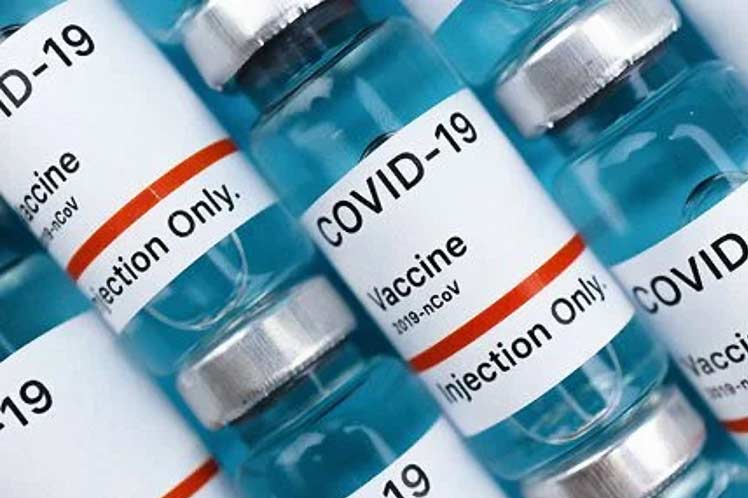This WHO initiative is focused on achieving an equitable distribution of these doses and enhancing collaboration with pharmaceutical manufacturers from developed and developing nations.
According to the UN official website, most of the vaccines distributed are AstraZeneca and Pfizer. Out of the 100 countries that received these doses, 61 are low-income nations that cannot afford to pay for the vaccines, the website added.
At least two billion doses are expected to deliver in 2021, for which Covax will continue to diversify its portfolio and will announce new agreements with manufacturers, it said.
On several occasions, the UN Secretary-General António Guterres has called on UN´s member states to provide support and financial assistance to this project.
UNICEF´s Executive Director Henrietta Fore, on the other hand, warned about the scarce supply of coronavirus vaccines to meet global demand, while those available are in the hands of very few.
Certain countries monopolize all the doses and others do not have any. Such a situation threatens everyone equally, Henrietta Fore stressed.
Likewise, she said, governments that pledged to receive more batches than is required to vaccinate their entire adult population this year should immediately lend, release or donate the excess to Covax, so that it can be allocated equitably among other nations.
This is not time to celebrate achievements, she warned, it is time to accelerate actions ahead of new variants of SARS-CoV-2.
ef/pll/oda/ifb










